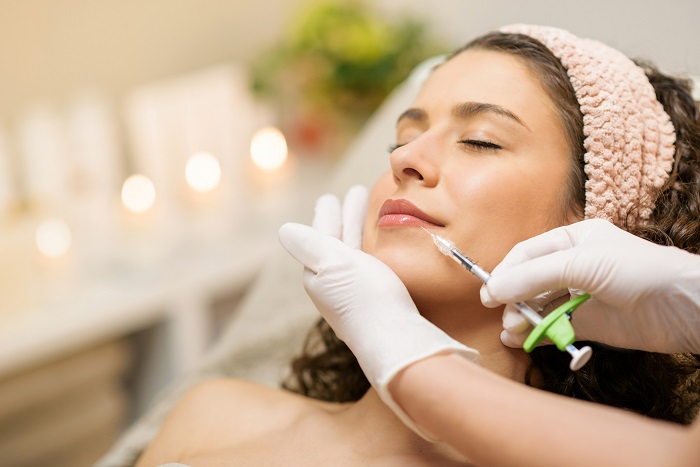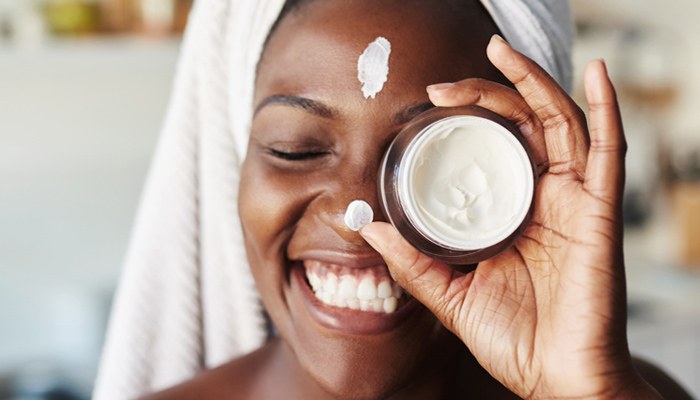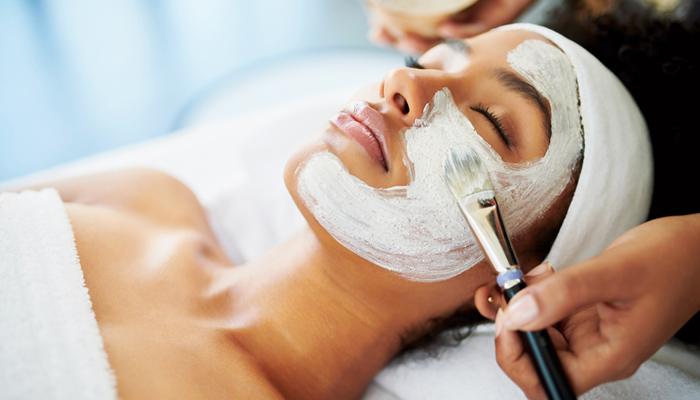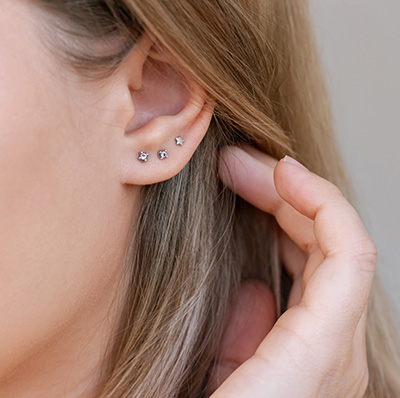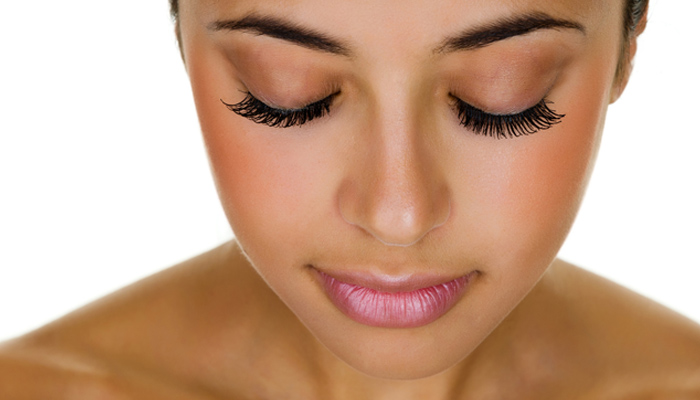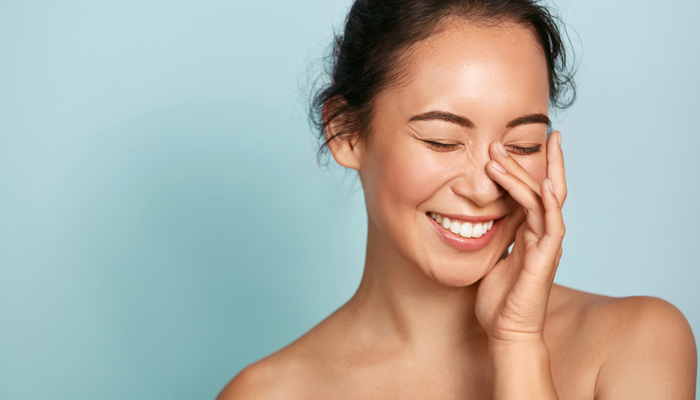What Qualifications Do You Need to Be a Beautician?
How do you become a beautician, and what qualifications do you need? In this article, we look at the key questions on this topic that you want answers to, including exploring the different routes into this exciting career path.
What is a beautician?
A beautician generally refers to any professional who provides a service focused on aesthetics and beauty treatments. These treatments can include skincare, hair care and makeup, and beauticians can work in a number of places, including salons, health spas and as personal assistants to clients. Some beauticians may choose to specialise in a particular area, such as makeup or hair.
Beauticians may carry out a range of services, including:
- Hair removal
- Manicures and pedicures
- Nail art services
- Eyebrow shaping
- Spray tans and sunbeds
- Massage
- Aromatherapy
- Facials
- Makeovers
What qualifications do I need to become a beautician?
There are different types of qualifications you can undertake to become a beautician. The most common of these is the Level 2 or 3 Diploma in Beauty Therapy, which is a course that lasts two to three years. If you want to do a Level 2 course, you need to have at least two GCSEs between 9 to 3 (A*-C). If you're interested in doing a Level 3 course, you’ll need four or five GCSEs at 9 to 4 (A*-C).
No matter which course you decide upon, it’s important you make sure it’s accredited by a recognised body, as insurers and employers may not recognise qualifications that aren’t sufficiently accredited.
You may instead choose to pursue a T Level in Hairdressing, Barbering and Beauty Therapy, which is equivalent to three A-Levels and takes two years to complete. T Levels are technical qualifications, so the entry qualifications are slightly higher - you need four to five GCSEs at 9 to 4 (A*- C), including English and maths.
You also have the option to undertake specialist courses run by private training providers who can help you to start your career while gaining valuable experience training in their salons.
Do I need a cosmetology licence?
In the UK, the cosmetology profession is not regulated so you do not need to have a cosmetology licence. However, certain treatments, such as laser hair removal or intense pulsed light (IPL) therapy, are regulated and so you need to have a qualification to perform them. You should check with your professional association to ensure that you have the necessary qualifications and insurance to operate your beauty business licence.
However, certain treatments, such as laser hair removal or intense pulsed light (IPL) therapy, are regulated and so you need to have a qualification in order to perform them. You should check with your professional association to ensure that you have the necessary qualifications and insurance to operate your beauty business.
Beauty therapist insurance from Towergate
We can offer beautician insurance to cover a wide range of treatments, with £5m cover for public and product liability and £1m for treatment liability.
Get a beauty therapist insurance quote
Get a beautician insurance quote online, call 0330 828 4974 or request a callback.
Get a beauty salon insurance quote
Towergate can also provide for more details. You can or call our team on 0344 892 9788.
If you specialise in hair, we also offer hairdressers insurance - visit our dedicated hairdressers page for more information.
Beauty insurance from Towergate
We can also offer insurance for a range of other professional beauty technicians and techniques, including aesthetics, dermaplaning, eyelash extensions, laser hair removal, makeup artists, microblading and nail technicians.
These policies include elements of liability insurance related to treatments you provide and can cover aspects of your business and equipment too.
About the author
Diane Caplehorn is a respected industry leader with over 25 years' experience within the insurance sector. She works across a wide spectrum of insurance products and policy development, delivery and optimisation for health and beauty, professional risks and martial arts clients.
Consistent with our policy when giving comment and advice on a non-specific basis, we cannot assume legal responsibility for the accuracy of any particular statement. In the case of specific problems, we recommend that professional advice be sought.
Date: May 08, 2025
Category: Care and Medical





